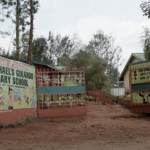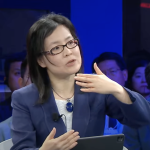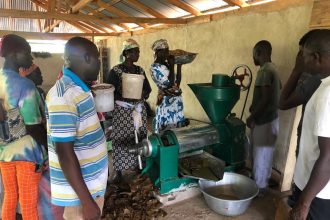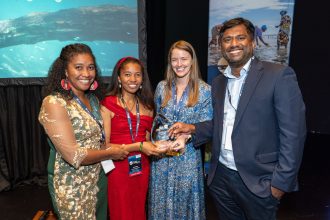Davos in January for the World Economic Forum gathering can be crowded. After all, it’s accommodating not simply some of the richest, most influential people on earth, but their egos too.
But even at a gathering where the normal is set at fairly exceptional, one woman’s ability to cut through the undeniable alphaism and laconic privilege with fearless laser focus, was memorable.
Ajaita S. Shah is no newcomer to the social impact stage. Her Frontier Markets, which she started in 2011 to support rural women across India, has to date served over one million customers through a network of digitally-savvy women entrepreneurs delivering a last mile supply chain solution to outlying villages bringing products from sanitary items to wheelbarrows.
Now with a network of 40,000 techno-savvy sahelis (friends), Frontier Markets, the rural e-commerce platform in India, reaches over seven million rural customers, delivering 150 million products and services.
She has been lauded by invites to the most rarefied gatherings and awarded everything from Digital Woman of the Year, Social Entrepreneur of the Year, Woman Entrepreneur of the Year, Most Powerful Women in Business 2025, Forbes 30 under 30….you get the idea.
Her latest launch utilises access to quality data to shore up financial resilience for marginal and women farmers, critical to the food security of millions of families in India. It is the first accessible, and, critically, affordable climate insurance of its kind.
Unlike conventional insurance, where claims can take months to process, the Frontier Markets product gives cash payouts that are triggered automatically and transferred directly to the bank accounts of beneficiaries, if irrigation becomes compromised.
“Agri-finance products have not been designed for women because people aren’t paying attention to understand who women are,” she says. “At the end of the day, when you bring in women to understand the needs of women, you can bring in a much stronger gender lens and then design and innovate very differently.”
As climate shocks grow more frequent and intense, the need for such innovations will only increase. Shah is clear-eyed about the work ahead. “If people were to invest differently, the potential is huge,” she says. “It’s not just about supporting women farmers — it’s about rethinking how we build resilience from the ground up.”
Social Impact Files
For the Changemakers





